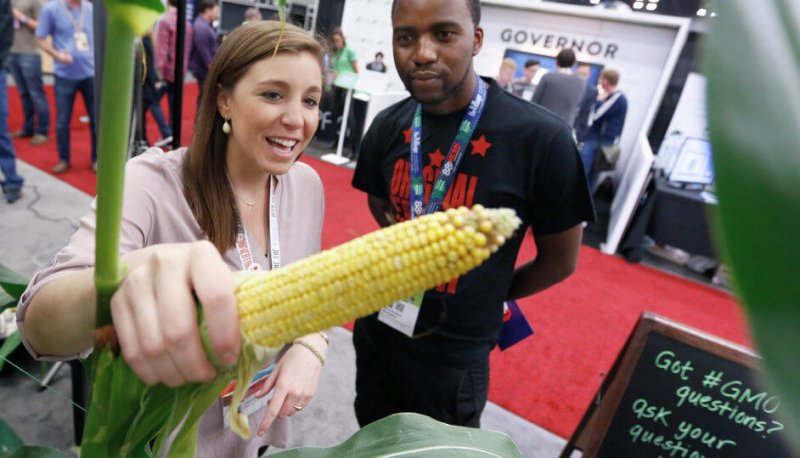Genetically modified (GM) foods are often met with harsh public opposition, though little research has attempted to understand why this is. The research that does exist has focused on identifying the role of immutable beliefs, such as morality and politics, which are difficult to change. Therefore, research may benefit from identifying mutable predictors of science rejection—predictors which can be modified through interventions—so efforts can be made to increase public support for scientific advancements.
Here we present four studies in which we investigate a lack of domain-specific science literacy—literacy of GM technology—as a strong and unique predictor of GM food skepticism. Results from Studies 1 and 2 demonstrated that knowledge of GM technology is a unique predictor of GM food attitudes above general science knowledge and demographic controls. Study 3 (preregistered) demonstrates that the unique predictive value of GM-specific knowledge replicates in the US, the UK, and the Netherlands.
In Study 4, we sought to overcome this lack of knowledge by teaching people the basic science behind GM technology using a five-week, longitudinal experimental design. Results showed that learning about the science behind GM technology leads to more positive explicit attitudes towards GM foods, greater willingness to eat GM products, and lowered perceptions of GM foods as risky.
Thus, the present results provide some support for the deficit model of science attitudes within the context of GM foods. These results also provide a relatively simple mold for future interventions to overcome GM skepticism, suggesting that researchers and scientists may wish to focus on communicating the basic science behind GM technology and increasing science literacy.
Read full, original article: Modifying attitudes about modified foods: Increased knowledge leads to more positive attitudes (Behind paywall)































